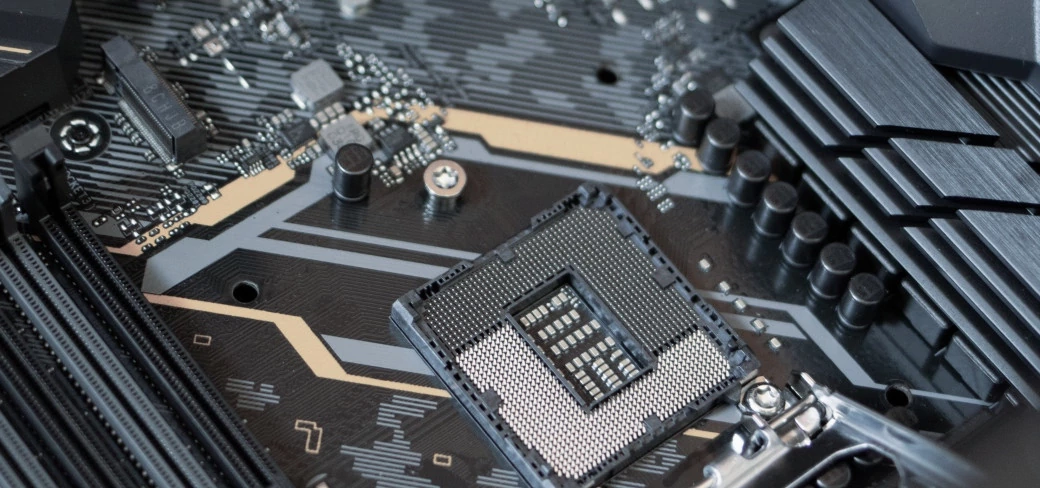|
Super Intelligence
|

|
Humanity is facing many existential problems like Global Warming and Climate Change, the need for alternative energy sources, and the emergence of pandemics like COVID-19. These concerns are extremely complex and require deep scientific insights, and the capability to inference across large amounts of even loosely related knowledge. This need might exceed the human cognitive capacity at large. In many discussions on the dangers of Super Intelligence, the doom scenarios have been described by people like Elon Musk, Bill Gates and the late Stephen Hawking. In stark contrast, it appears that we actually NEED Super Intelligent machines to help us solve these existential threats to humanity. |
The dangers that are ascribed to some unknown and undefined future Super Intelligence, are completely absent in the ASTRID system. The ASTRID system is safe, even when it becomes Super Intelligent because we know in what way it can become Super Intelligent. The ASTRID-system actually reasons over knowledge. As the system acquires more knowledge, either through training or through experience during deployment, it becomes more intelligent. The more intelligent the ASTRID system becomes, the more it understands why some things are good and, more importantly, why certain things are bad. With our experience in the development of ASTRID's Cognitive Architecture, we can easily extrapolate towards a Super Intelligent future of the system. |
| © 2024 MIND|CONSTRUCT |

|
Deep Inference is one of the main concepts when we talk about the strong points of the ASTRID system and its underlying technology layers. It is the obvious term to use when referring to 'what' the ASTRID system actually does. It hints at the fact that ASTRID does inference, which in itself is already a cognitive process. But when we talk about 'Deep' Inference, in the ASTRID system, we point at the capability to do inference both widely across many knowledge domains and deeply into many layers of related knowledge. This gives the ASTRID system the capability to find any relevant concepts that might lead to new insights. |
Where humans are quite limited in the amount of information that we can infer at once, the ASTRID system is virtually unlimited in this regard. The amount of knowledge is only limited by storage space, and the depth of the inference task is only limited by available CPU power. The basic ASTRID system runs on very lightweight hardware, so both limitations are virtually non-existent Scaling the ASTRID-system to larger CPU-clusters will make it possible to extend the Deep-inference capability and capacity to Super-intelligent levels. |
| © 2024 MIND|CONSTRUCT |

|
Combining Knowledge Domains is nothing special. We humans do it every moment of the day without even noticing it. But when a machine acquires this capability, we are instantly jumping from 'narrow' Artificial Intelligence to the broad spectrum of what Artificial General Intelligence stands for. In the current world of Deep Learning, this is unheard of and still a very distant dream, as Deep Learning is unable to combine seemingly unrelated information into a coherent complex world model. The ASTRID system, on the other hand, is capable of not only doing exactly that, but in addition use those combined knowledge spaces to be able to infer analogous concepts across those spaces. This means it can find things that are only a bit similar to something else, but just enough to be useful or important. |
The ASTRID system can learn much faster than a human can. When we scale the system to larger server stacks, instead of the basic hardware it needs for normal operation, the system is capable of learning complex information thousands of times faster than humans. Training the system in just one specific knowledge domain will take only hours, days at most (depending on the knowledge-domain). This is what Super Intelligence really looks like: A machine that is capable of learning everything we know in a short fragment of the time that humans need to do that. Subsequently, it has the capacity to use much larger amounts of information to infer the correct (or best) answer or decision for the question at hand. |
| © 2024 MIND|CONSTRUCT |
